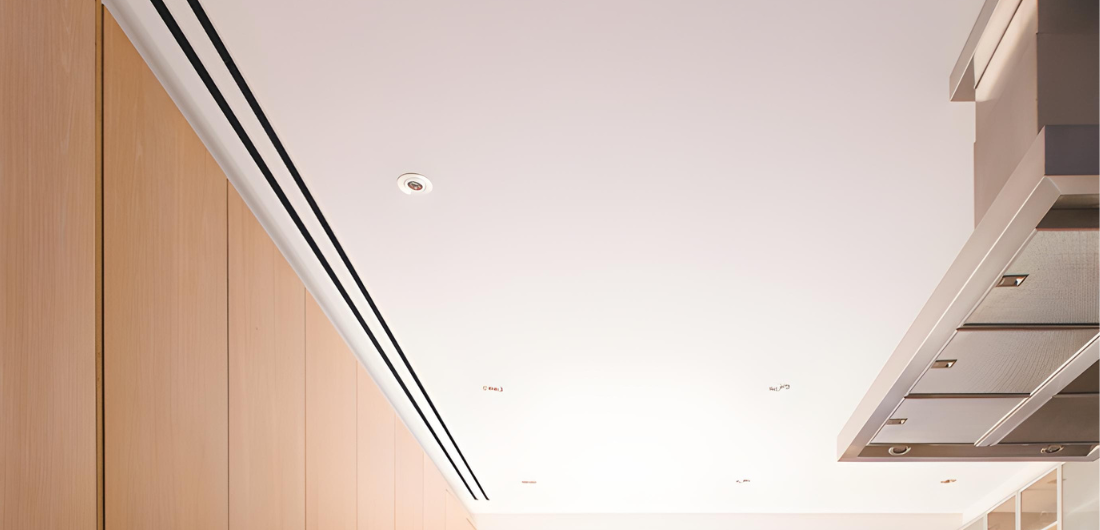What Are Slotted Grills and Why Are They Important in HVAC Systems?

As HVAC professionals, understanding the components of air distribution systems is crucial for optimizing performance and ensuring client satisfaction. One such component that often flies under the radar is the slotted grill. In this blog, we’ll explore what slotted grills are, their functionality, and why they are an essential element in HVAC systems.
What Are Slotted Grills?

Slotted grills are air distribution devices characterized by their elongated openings or slots, which allow for the even distribution of conditioned air into a space. Typically made from materials like aluminum, steel, or plastic, these grills can vary in size, shape, and finish to suit different architectural styles and functional requirements.
Key Features of Slotted Grills:
- Design Flexibility: Slotted grills can be customized in length, width, and slot size, making them adaptable to various installation environments.
- Aesthetic Appeal: With sleek designs and a variety of finishes, slotted grills can blend seamlessly into modern interiors, enhancing the overall aesthetic of a space.
- Airflow Control: The design of slotted grills allows for precise control over airflow direction and volume, which is critical for maintaining comfort levels in a building.
Why Are Slotted Grills Important in HVAC Systems?
1. Enhanced Air Distribution
One of the primary functions of slotted grills is to ensure uniform air distribution throughout a room. Unlike traditional grills, which may create hotspots or cold drafts, slotted grills facilitate a more even flow of air. This is particularly important in larger spaces where maintaining consistent temperatures is essential for occupant comfort.
2. Improved Energy Efficiency
By promoting better airflow, slotted grills can contribute to the overall energy efficiency of an HVAC system. When air is distributed evenly, the system doesn’t have to work as hard to maintain temperature, leading to lower energy consumption and reduced utility bills. For contractors and MEP consultants, this translates to happier clients and potential cost savings.
3. Flexibility in Design and Installation
Slotted grills can be installed in various orientations—horizontally or vertically—allowing for greater flexibility in design. This adaptability is especially beneficial in commercial spaces where aesthetics and functionality must align. Contractors can easily incorporate slotted grills into ceilings, walls, or even floors, depending on the project requirements.
4. Noise Reduction
Another significant advantage of slotted grills is their ability to reduce noise levels within HVAC systems. The elongated slot design helps to minimize turbulence, which can lead to quieter operation. This is particularly important in environments such as offices, schools, and hospitals, where noise can be a distraction or a source of discomfort.
5. Easy Maintenance
Slotted grills are generally easier to clean and maintain compared to traditional grills. Their design allows for better access to the ductwork behind them, making it simpler for HVAC professionals to perform routine maintenance. This ease of maintenance can enhance system longevity and performance, which is a key selling point for contractors.
Conclusion
For HVAC contractors and MEP consultants, understanding the role and benefits of slotted grills in air distribution systems is essential. These components not only enhance airflow and energy efficiency but also contribute to the aesthetic and acoustic quality of a space. By incorporating slotted grills into your HVAC designs, you can ensure optimal performance and client satisfaction.
As you engage with clients and project stakeholders, consider highlighting the advantages of slotted grills. Their versatility and efficiency make them a valuable addition to any HVAC system, paving the way for a more comfortable and sustainable future in building design.
